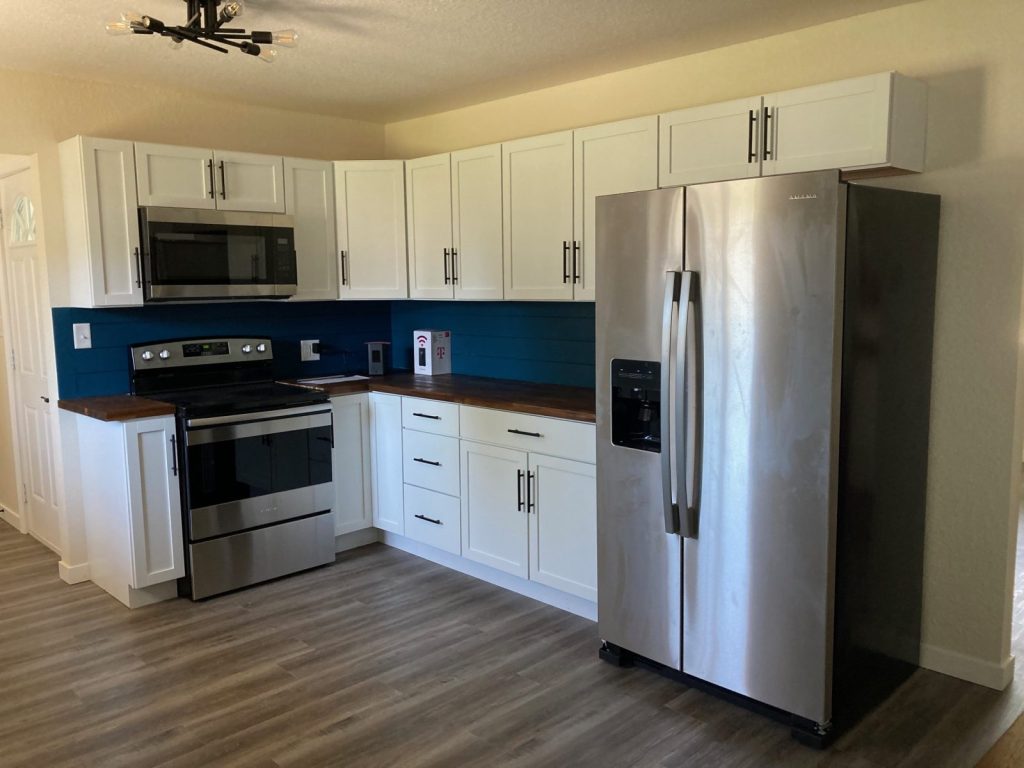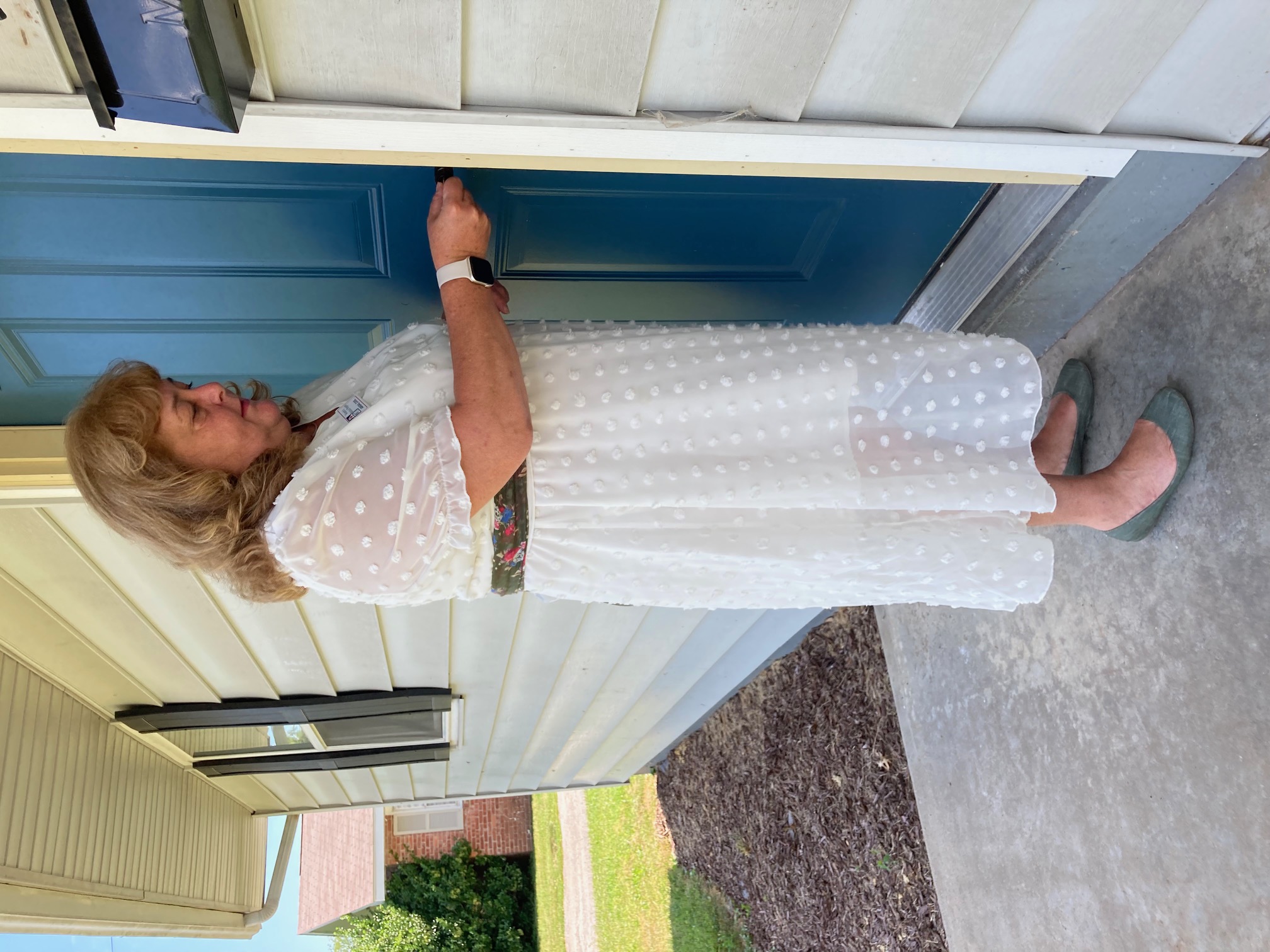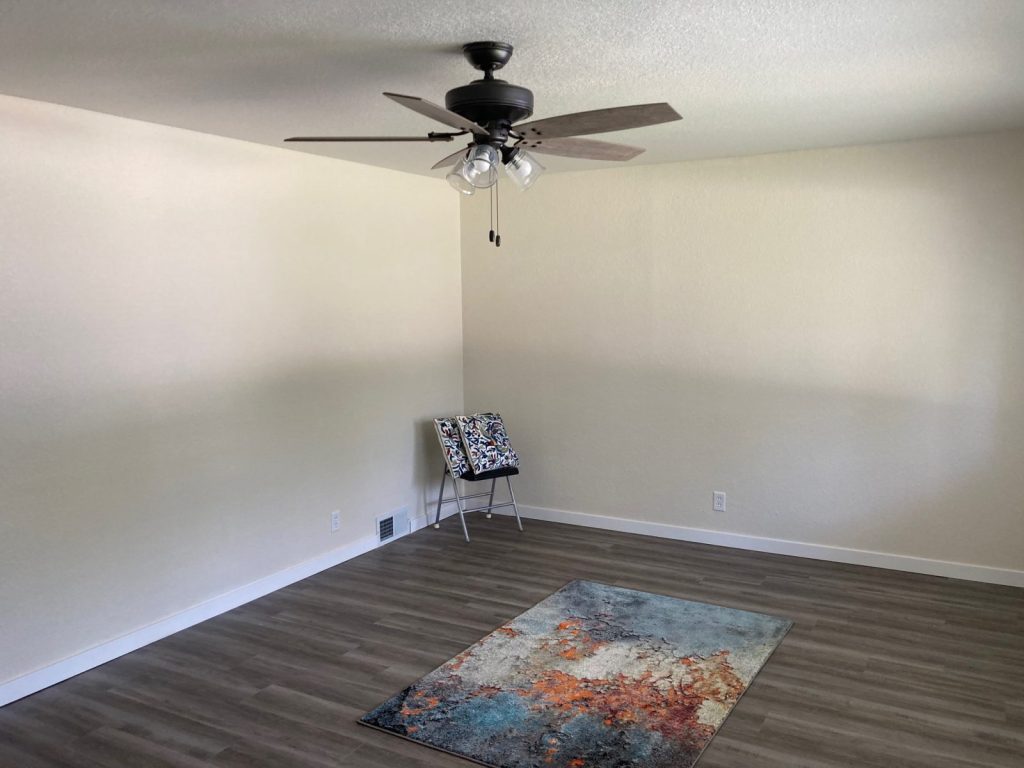A group of nurses recognized a dire need for a respite home for medically-fragile unsheltered women in Springfield. Those volunteer nurses, with help from the Missouri State University nursing program, created the Women's Medical Respite in 2015.
It was originally housed in a two-bedroom apartment in the Ollis Building on Commercial Street — property then owned by The Kitchen, Inc. There, women could rest and recuperate from acute medical conditions in their own bed, with access to a bathroom, nutritious food and all the comforts of home.
When The Kitchen moved into its new emergency shelter on Glenstone Avenue, the Women’s Medical Respite (WMR) program moved into a three-bed apartment within the shelter.
Because two of those three beds are on the second level and difficult for someone in poor health to access, the program’s staff and board members have been on the hunt for a new location — one that would allow for more beds wheelchair accessibility — for more than a year.
The search is finally over.

On July 11, Women’s Medical Respite closed on a four-bedroom house in east Springfield. The WMR program will soon have eight beds, with four of those on the first floor where there will be a wheelchair-accessible bathroom.
The program turned away 75 women in 2022 due to a lack of space and insufficient ADA features, said Abigail Cool, WMR’s executive director.
“The need is great,” Cool said. “We’re not going to jump into eight (beds) immediately because we’ve got to adapt to a new facility. But our biggest advancement, if you will, is that we will serve more women in a given month. We will have official ADA features which we did not have before.”

The $230,000 home was purchased in part with funds from the American Rescue Plan Act (ARPA) as well as two substantial donations from private donors and endowment funds from an anonymous donor. The nonprofit still owes about $150,000 on the home.
Cool gave the Hauxeda a tour of the home this week, noting that furniture is “on the way,” and that the women can’t move in until the main floor bathroom is renovated to be ADA-compliant.
The bathroom renovation will cost at least $6,000, Cool said.
Cool is putting together color schemes for the bedrooms and plans to have a campaign to get donors to “sponsor” each room. She figures it will cost about $2,500-$3,000 to furnish and decorate each room with two twin beds.
“These women need dignity,” Cool said. “They don’t need the hand-me-downs. They need dignity and restorative beauty.”
About the Women’s Medical Respite
Since the WMR program started in 2015, 275 women have stayed there as they recovered from medical procedures. It’s a short-term program with the average stay being 24-30 days. The average age of the women who seek help is 54.
Women get assistance accessing medications, transportation to medical and other essential appointments and connection to resources for housing, primary care and other community services.

The address of the home is not being published in order to protect the privacy and safety of the women who will eventually come there to heal. The respite house is designated as a boarding home under Springfield’s zoning codes.
The home was built in 1951 but was recently remodeled floor-to-ceiling. Cool will have an office on the second floor. Cool anticipates hosting an open-house for supporters in September.
How to help the Women’s Medical Respite
Financial contributions to the WMR program can be made on the website or mailed to P.O. Box 385 Springfield, Mo 65801.
There are many ways to help the program and the women it serves.
Now that the WMR has its own home with a yard, the nonprofit needs volunteers to help with yardwork and with handyman-type chores around the house.
Preparing meals is another way to help the ladies. Find the Meal Train link here.
Items on the move-in wish list include: washing machine and dryer, patio furniture, perimeter fence and a security system.
The WMR’s Amazon Wish List is continually updated with most-needed items.
Women’s Medical Respite admission requirements:
- Unsheltered woman with no immediate safe housing
- Medical conditions requiring short-term support
- Psychiatrically and medically stable
- Independent with activities of daily living
- Ambulatory with or without an assistive device
To refer someone to the WMR respite home, care providers can call 417-225-7409 and leave a message.
Learn more on the WMR website.
Follow on Facebook.
Or reach out to Abigail Cool, the executive director, for more information at execdirector@womensmedicalrespite.org.

